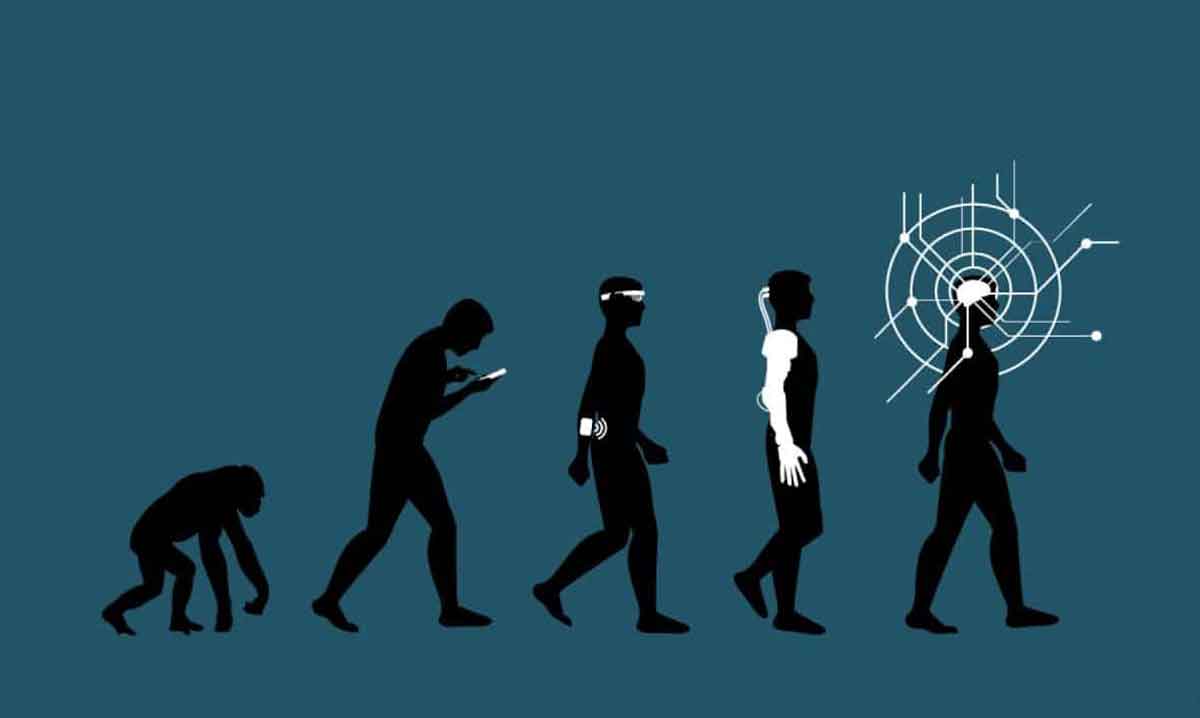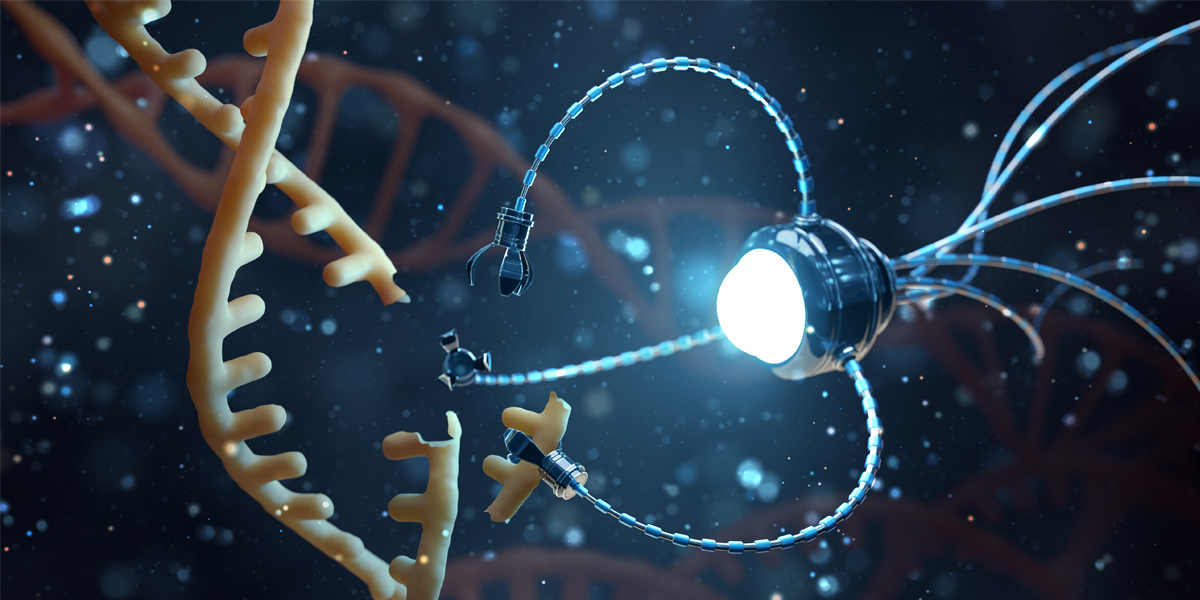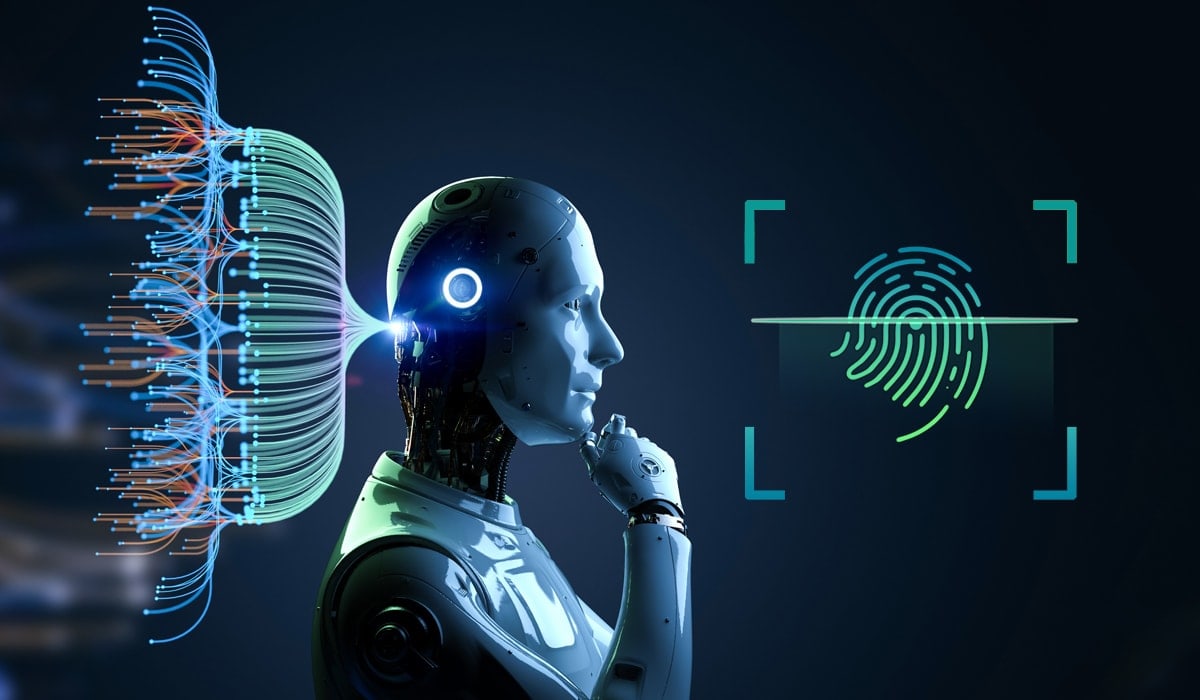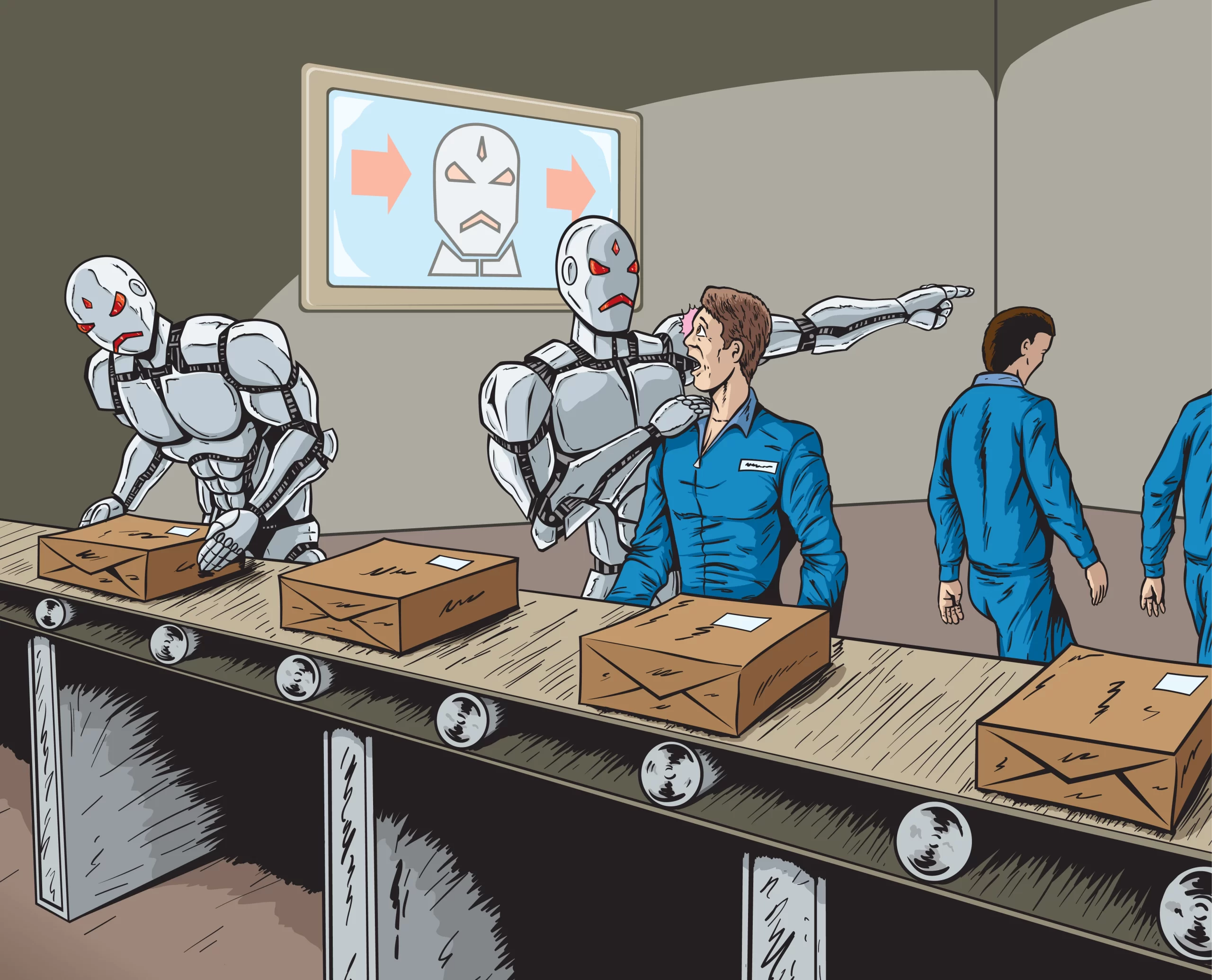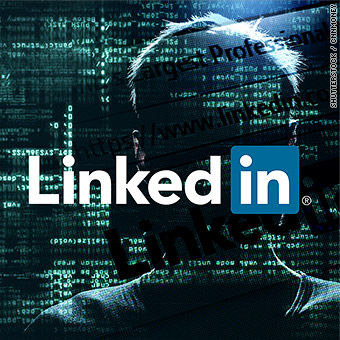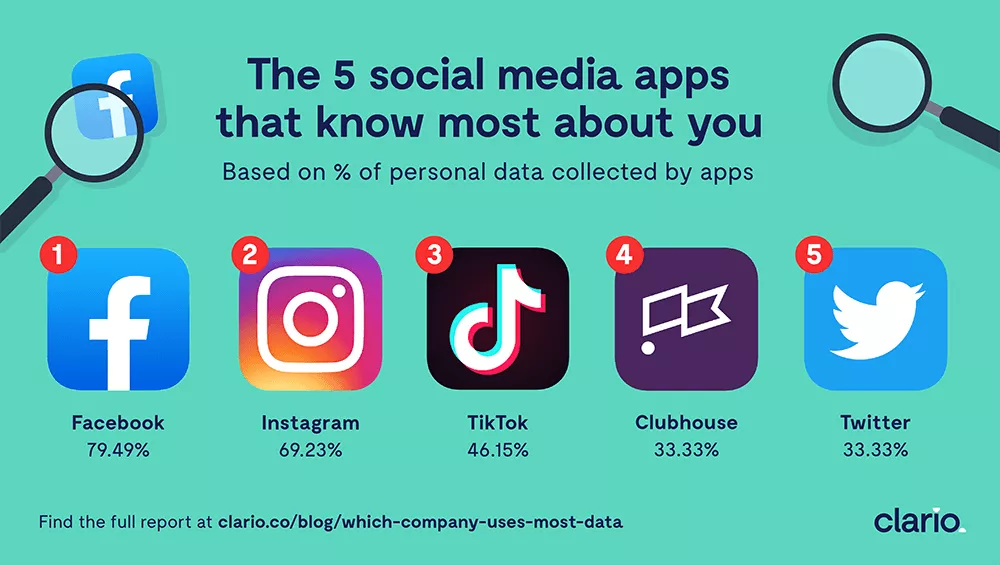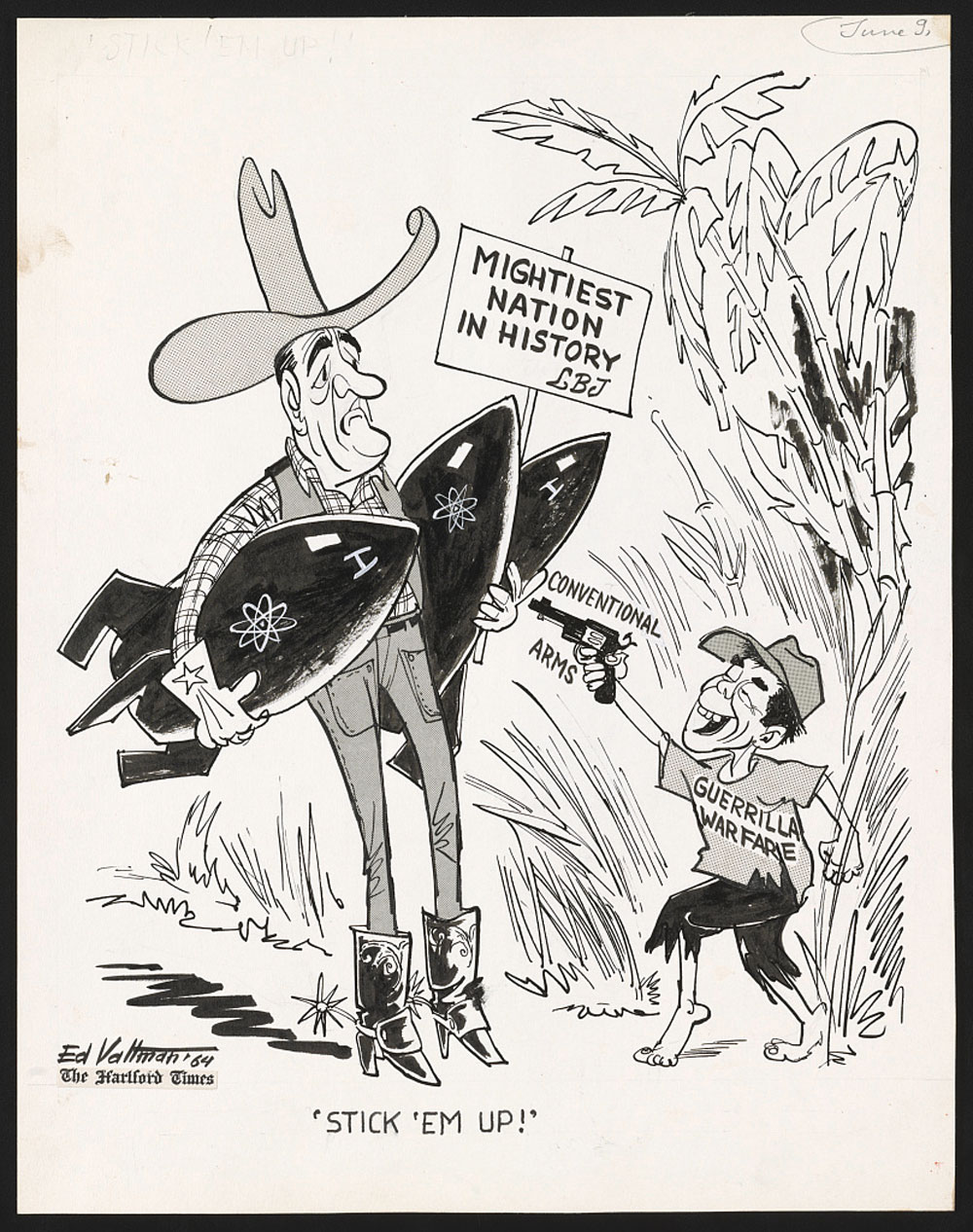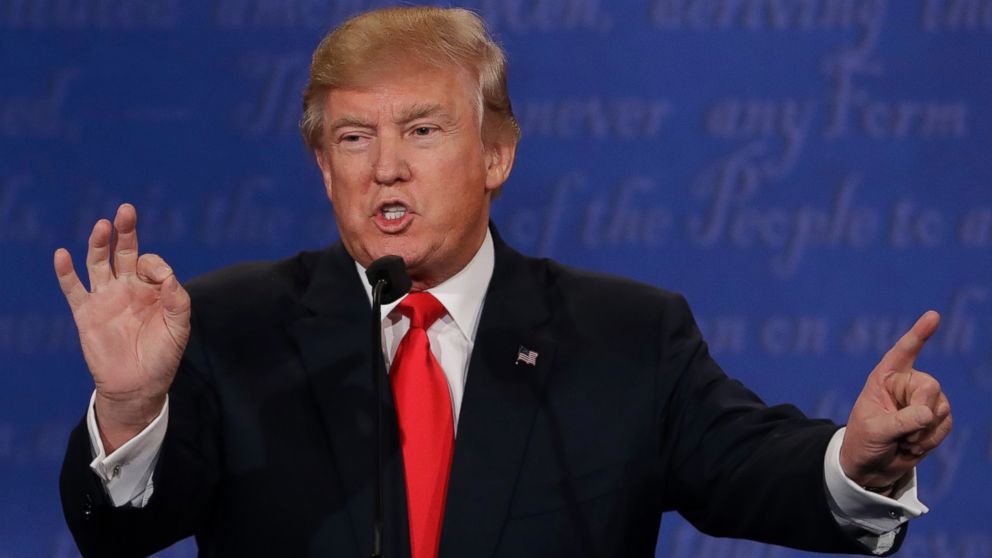Imagine living in a world where our thoughts were only validated as data points that are used as means to an end. Where our bodies had the capabilities to be transformed into supercomputers much like smart phones. Where we gained long lasting autonomy but lost some of what makes mankind, man. This is a posthuman society, this is a transhuman society. Rewinding the clock back to the mid 20th century, British Biologist, Julian Huxley is researching in a post Darwin world. Huxley is among the most decorated evolutionary synthesizers and therefore becomes the first general director of UNESCO in 1946, where he learns of the importance of global education and the present absence of it. It is after this point that Huxley begins to realize how much of societies struggles could be eliminated if mankind used the knowledge they currently possessed to make technology that would eliminate their challenges and only advance over time. This was Huxley's 1957 "discovery" of transhumanism. In today's terminology, transhumanism is described as both a scientific and philosophical movement which advocates for the use of current and emerging technology to augment human capabilities, while improving human condition. After a society has fully transitioned to a transhuman way of life, that civilization is dubbed, posthuman.
In a truly posthuman society, the individuals living within it are operating in ways much more mathematical than today. This is because individual thoughts that are shared with policy makers would be complied as pieces to a societal puzzle. These "puzzle pieces" would then be assessed for the path of greatest success and least societal suffering. Urban centers would change shape as we move to greener, more eco friendly solutions, powered by the technology we create. Healthcare would see many advancements as implantable technology would be popularized. These implantables are different from today's pacemakers and defibrillators as they would have capabilities of their own to act on our bodies as they see fit. This would increase the lifespan of the human subject but also relinquish some personal liberties to the implantable. Implantables with such capabilities would only be possible with advancements to nanotechnology. This is technology which is partly available today, would eliminate the need for routine general practitioner visits, as the device would be able to anticipate what it is the patient needs and control the cellular framework accordingly. With such healthcare it can be theorized that the human population would see the elimination of select cancers and several other chronic conditions that are only treatable with the early detection that would be available.
It can be obviously observed that the use of a transhumanistic society would greatly increase the wellness of humans and potentially bring better more equal order to the societies around us. These advantages are then contrasted by the liberties mankind would lose if we were to live in the posthuman. When our thoughts are classified as data points instead of emotional segments, mankind loses our ability to connect with each other as living, breathing, passionate beings. These elements are essential to personhood as we know it and when we take those away, mankind isn't far off from numbers on a calculator, with the only goal of getting the right answer. This is where the problem lies, life is not only about getting it right the first time, rather figuring our challenges out as they arise. Sometimes this means taking the path that might be lesser traveled and appear more difficult, but has the potential for optimal success on the backend. This liberty is what allows humans to prosper together and when we are forced to live an analytical life, free of personhood, the meaning of life is starting to slip away.
Whereas healthcare is concerned, the positive implications of transhumanism and its technologies can extend human life far beyond our current means. This extension can be seen as an extraordinary feat as it fends off mankind's ultimate destruction, death. Pushing death to the wayside is only possible when we give parts of ourselves up in return. Implantables powered by nanotechnology will automate our internal functions and will do so without cognition of human desires. This comes under question for elder adults who have court mandated DNR & DNIs. The nanotechnologies would not initially have the intellect to detect when they should and should not save a person's life, instead they will be always "on". This eliminates a human's liberty to choose what happens to them and how they die, something many Americans hold close. The choice will then be up to the individual, whether or not extending their life and increasing their medical autonomy is worth relinquishing some very personal liberties. The socioeconomic situation of a nation or community will greatly affect the rate at which they are able to advance into a posthuman society. In nations of economic stability like those in Scandinavia, the transition will be much easier than for less fortunate middle eastern nations in situations relative to Yemen. Some nations have already privately expressed transhumanism within their societies. In the United States, private companies like SpaceX have taken over select private sectors and express many transhuman values, in their quest to extend human colonization and thereafter life. Moving our world into the posthuman will be different for every individual that lives through it. Many will reject it; some will encourage its spread, but few will feel the same way about this shift. In the end, the outcomes appear to benefit mankind in its longevity and time will only tell how mankind advances.
